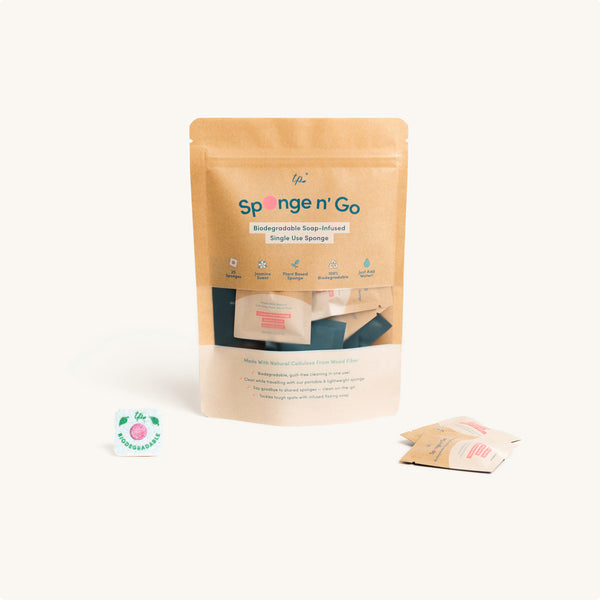Luckily, keeping a clean kitchen isn’t rocket science. Read on for our 5 golden rules of food safety and learn how to keep your kitchen safe…
1: Clean, clean, and clean again
Nobody likes a pandemic, but if one positive has come out of it, it has been a reminder of how important it is to practice proper hygiene. In the kitchen, where a lack of food safety could cause people to get seriously sick, it’s especially important to keep things clean. Avoid food illnesses by washing your hands using soapy water for at least 20 seconds before handling food, washing any utensils thoroughly after use, rinsing veggies (but not meat, poultry, fish, or eggs, which could spread bacteria) in water before eating or cooking with them, and cleaning the lids of your cans before you open them.
2: You’ve gotta keep ‘em separated
As disgusting as this may sound, germs can spread from one piece of raw food to another. Particularly when it comes to raw meat, fish, poultry, or eggs, you need to make sure that they’re kept separate to avoid food contamination. It’s also best to have a cutting board especially for raw meat, and to make sure you don’t reuse any marinades that have been in contact with raw meat, unless you bring them to the boil, which will kill any yucky germs. Which brings us to our next step…
3: Germs? Kill them with heat
Particularly when it comes to meat, heat is your friend – if it’s properly cooked, any dangerous germs will be killed in the process. Use a meat thermometer to make sure your meat is properly cooked – anything less can be a major health hazard. The FDA recommends you cook lamb, beef, pork, or fish to 145°F, any ground meats to 160°F, and poultry to 165°F.
4: Just chill
Proper refrigeration can go a long way towards making sure you don’t end up having to camp out in your bathroom overnight due to food poisoning. According to the FDA, you need to refrigerate food within 2 hours of buying or cooking it to be safe, or 1 hour during particularly hot summer weather – 90 degrees or hotter, to be precise.
If you’re thawing food, don’t simply take it out the deep freeze and plonk it on the kitchen table. Place it in the fridge, the microwave, or in cold water to be safe. If you’re marinating something overnight, make sure you leave it on the fridge rather than your kitchen counter.
5: Buy the right stuff
Make sure you only buy kitchen utensils that are made with food safe materials and free of harmful materials. All Two Pillars products are food safe, non-toxic, BPA-free, and FDA compliant. More info here.
Conclusion
Paying attention to our five golden food safety rules can help you ensure that you, your family, or anyone who eats anything from your kitchen doesn’t have to contend with any nasty or dangerous food illnesses. Follow this blog for more helpful information on all things kitchen related.



